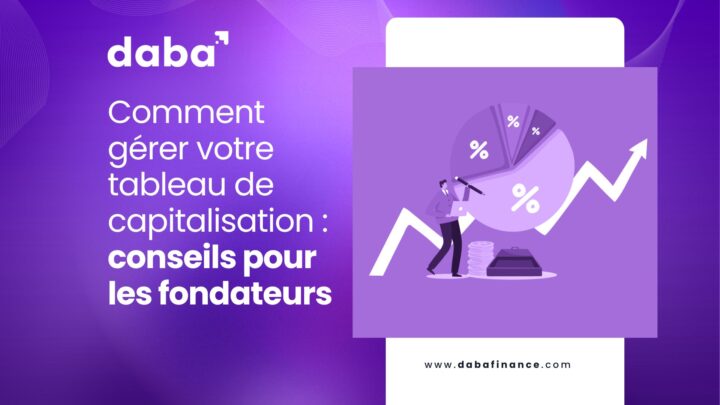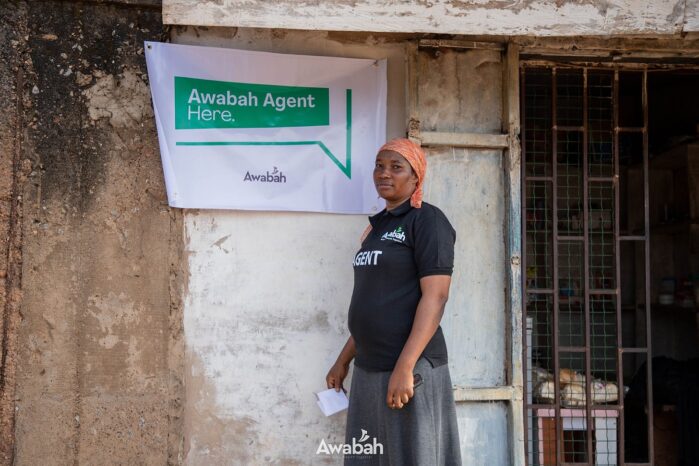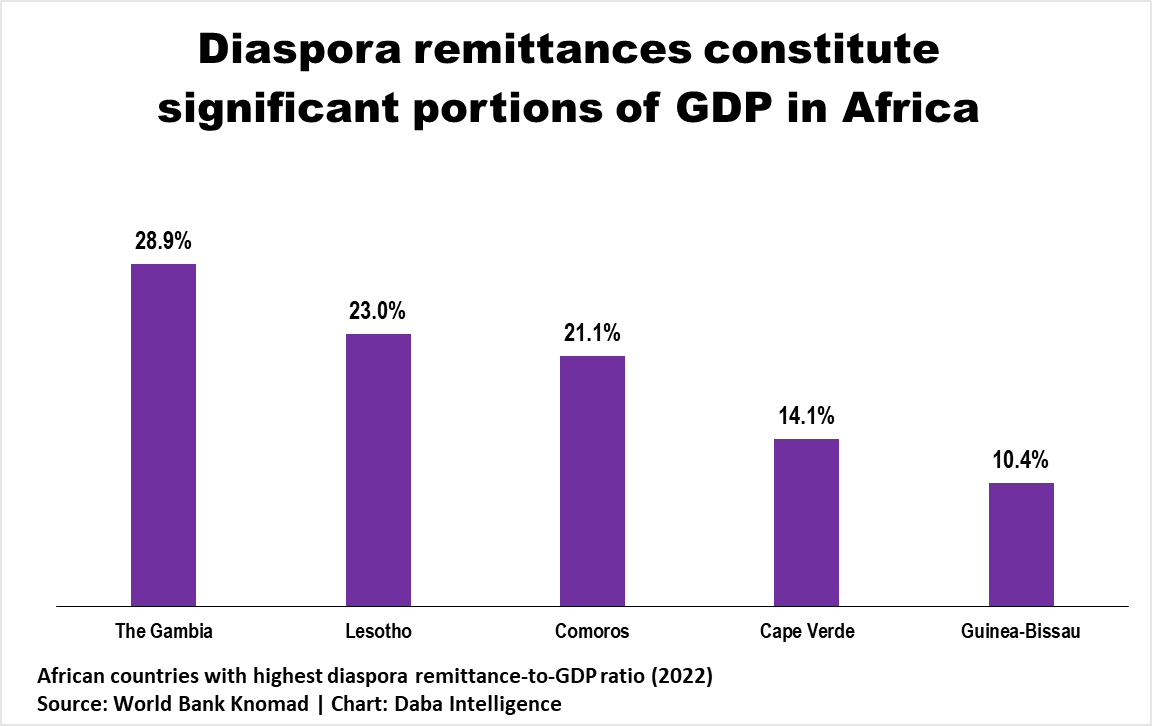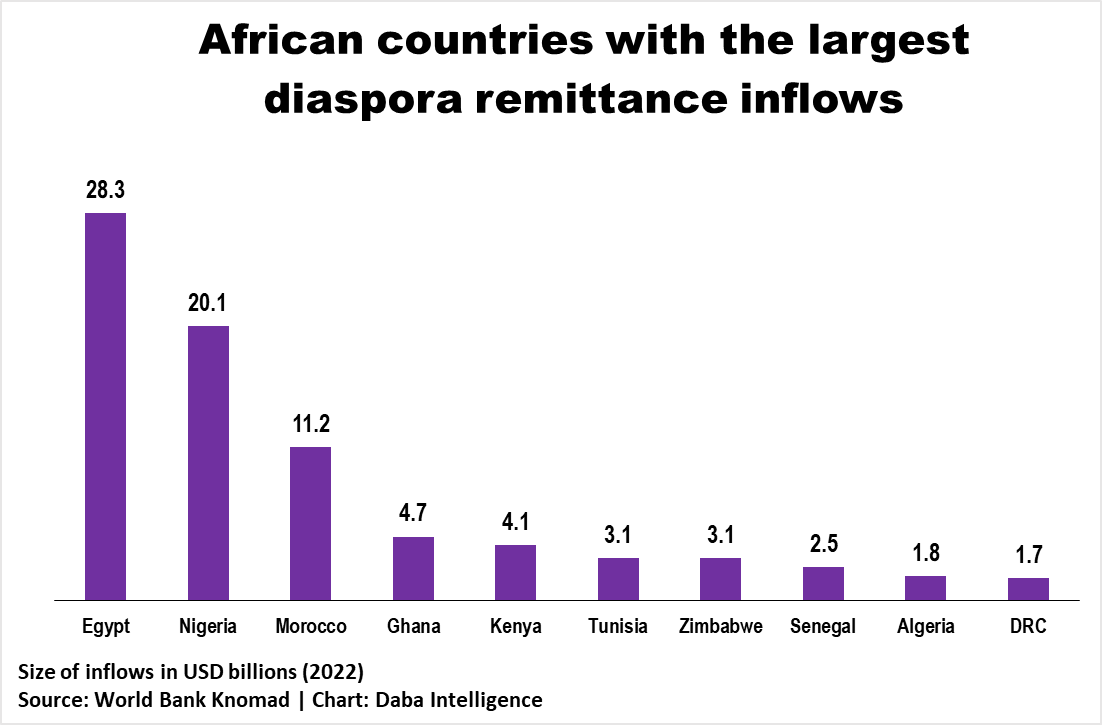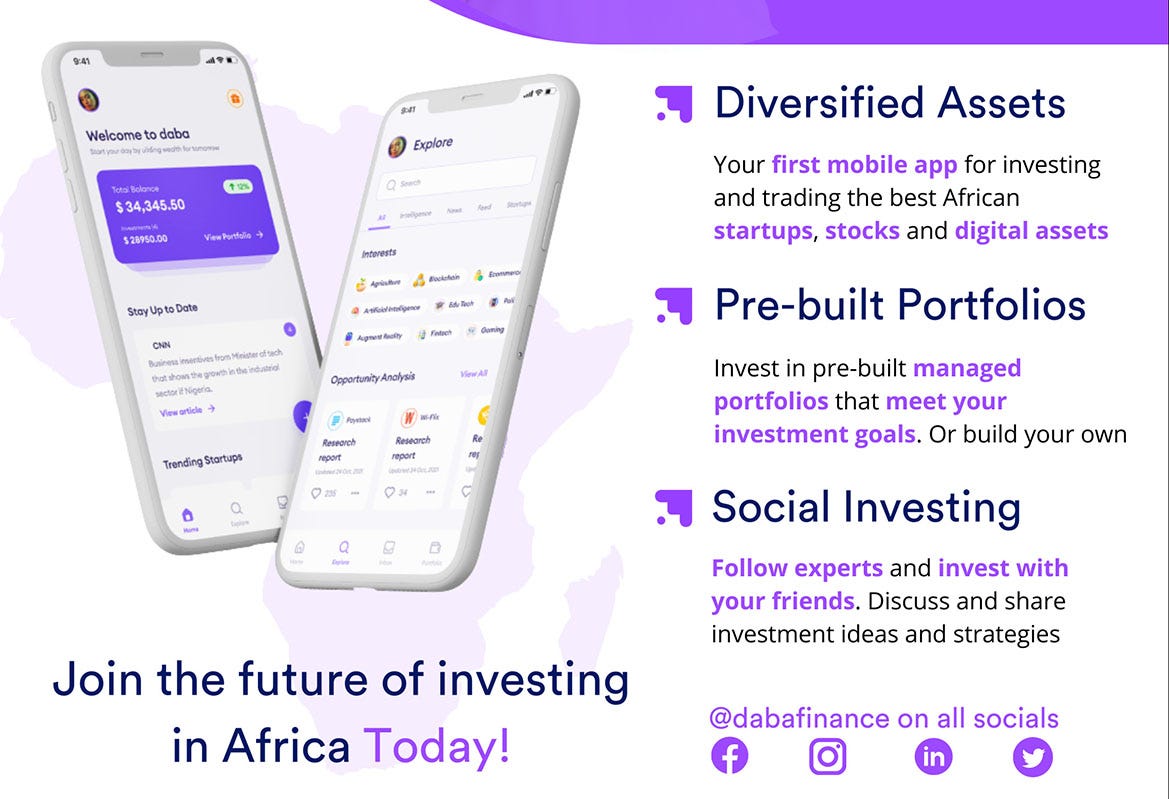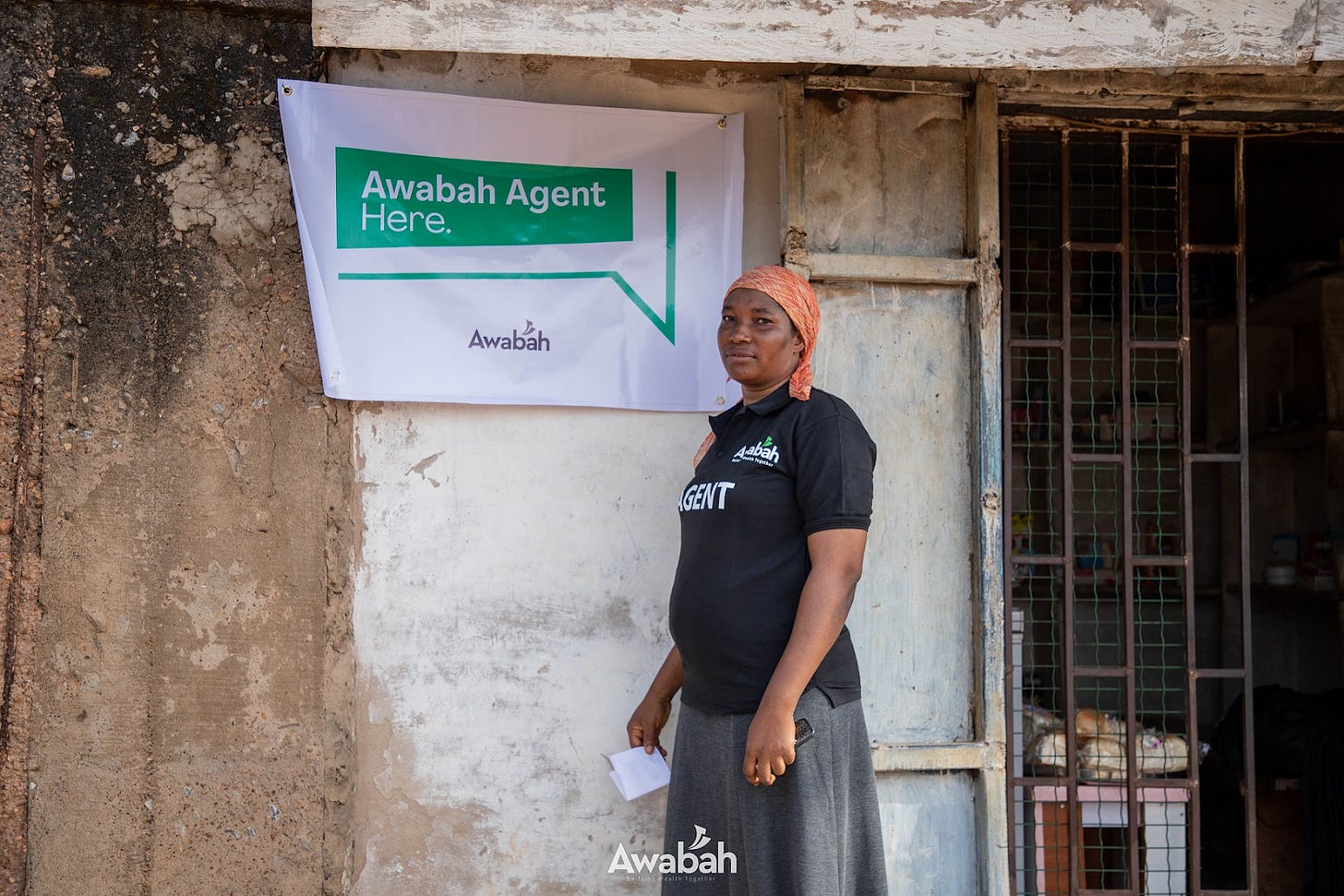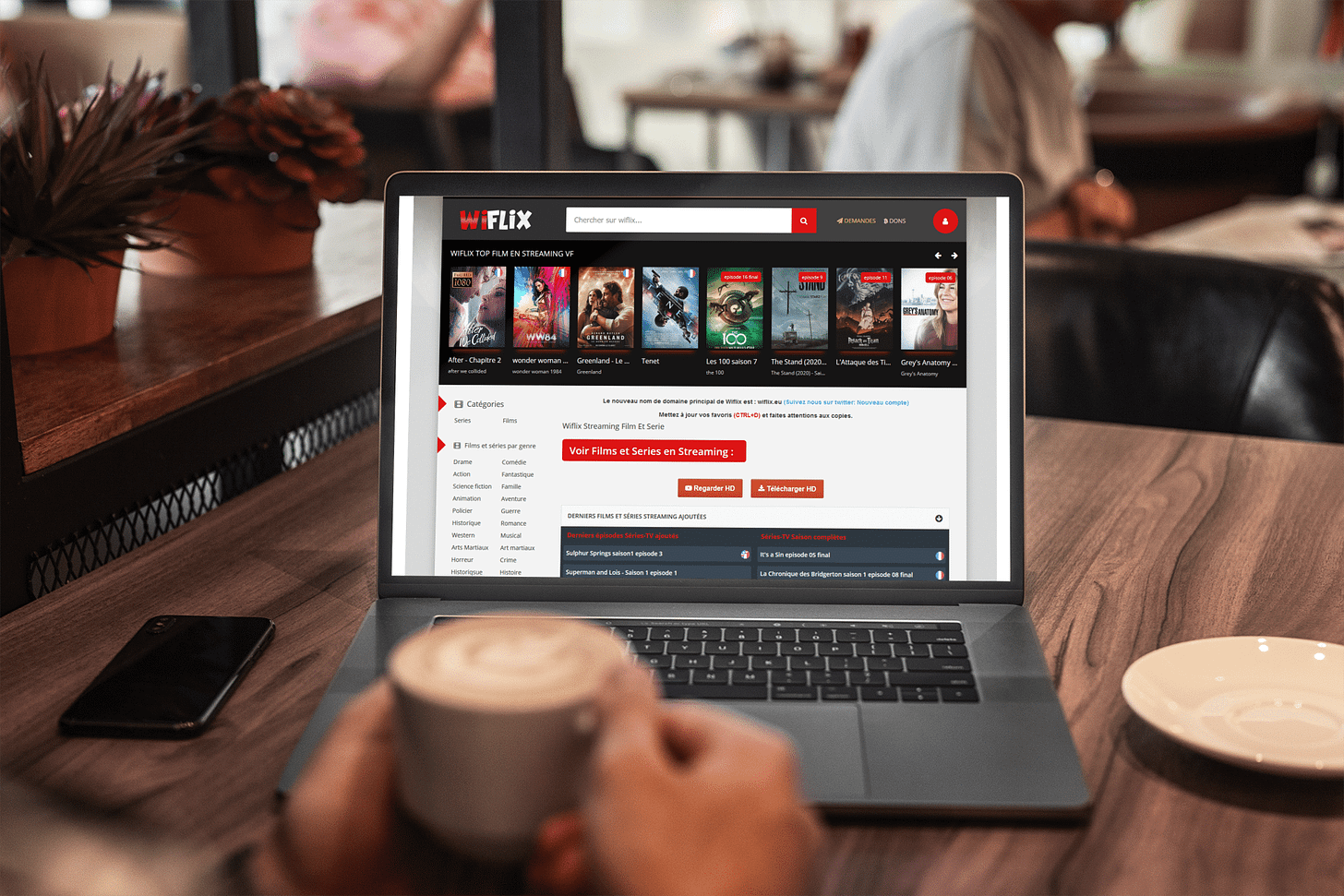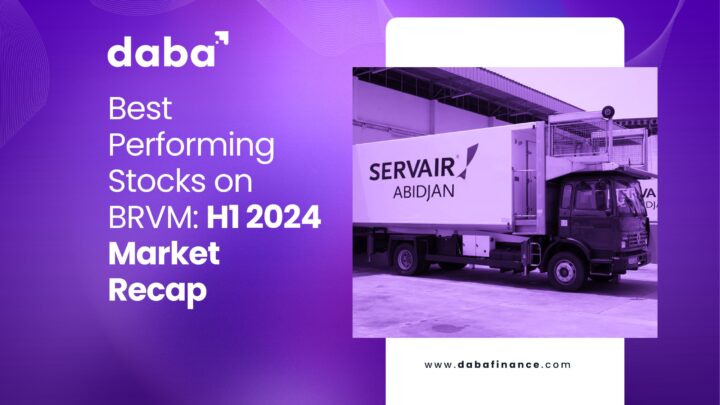Starlink is rapidly expanding across Africa to bring millions online. Yet the company finds itself navigating a complex maze of regulatory hurdles.
In the vast expanse of Africa, where traditional internet infrastructure has long struggled to keep pace with global connectivity standards, a new player is making waves.
Starlink, the satellite broadband provider operated by Elon Musk’s SpaceX, is rapidly expanding its footprint across the African continent, promising to bridge the digital divide that has held back millions from fully participating in the global digital economy.
Africa has the lowest internet penetration rate at 39% of the population, compared to a global average of nearly 60%.
There are also large differences in internet access between rural and urban areas; smartphone usage in urban areas exceeds that of rural areas by almost 200% in some countries.
As of May 2024, Starlink’s services have gone live in eight African countries, with ambitious plans to reach many more in the coming months. This development marks a significant milestone in Africa’s journey towards comprehensive internet coverage and could potentially reshape the continent’s digital landscape.
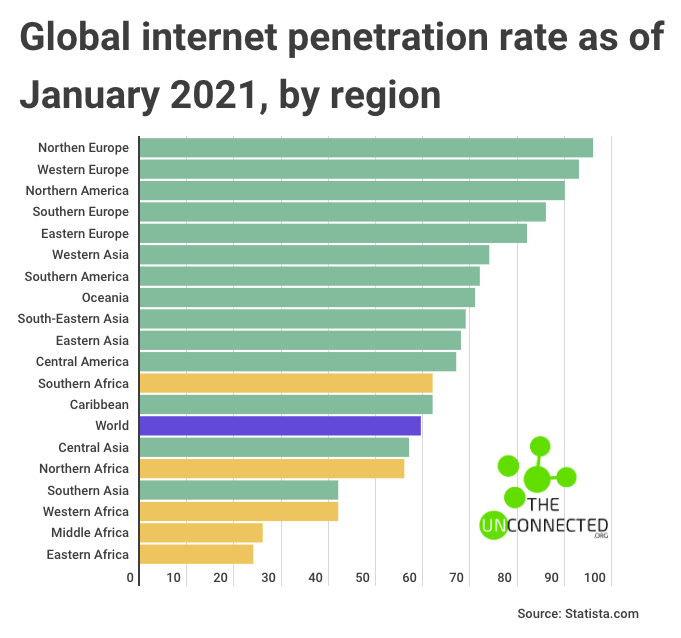
The Starlink Revolution: Understanding the Technology
Before delving into Starlink’s African expansion, it’s crucial to understand what makes this technology so revolutionary:
Low Earth Orbit Satellites: The Game-Changer
Starlink’s system relies on a constellation of low Earth orbit (LEO) satellites. Unlike traditional geostationary satellites, which orbit at much higher altitudes, LEO satellites offer several advantages:
Lower Latency: The closer proximity to Earth results in significantly reduced signal travel time, leading to a more responsive internet experience.
Wider Coverage: The ability to deploy numerous satellites allows for broader and more consistent coverage, even in remote areas.
Higher Speeds: LEO satellites can provide speeds comparable to or exceeding many terrestrial broadband options.
The Growth of Starlink’s Satellite Network
Since launching its first batch of 60 satellites in May 2019, Starlink has rapidly expanded its network:
- As of May 15, 2024, there were 6,017 Starlink satellites in orbit.
- Over 5,200 of these satellites are operational.
- SpaceX has licenses to deploy around 12,000 satellites.
- Reports suggest the potential for expansion to over 34,000 satellites in the future.
This growing network has allowed Starlink to reach significant milestones:
- December 2022: 1 million subscribers globally
- December 2023: Approximately 2.3 million users
- May 2024: Services available in more than 75 countries worldwide
Where is Starlink Available in Africa? From Launch to Expansion
Nigeria: The Gateway to Africa
Starlink’s African adventure began in Nigeria, marking a significant step in the company’s global expansion strategy:
- May 2022: Secured international gateway and ISP licenses from the Nigerian Communications Commission.
- February 2023: Official launch of services in Nigeria.
Initial Pricing Structure in Nigeria:
- Monthly subscription: NGN38,000 ($25)
- One-off hardware costs: NGN440,000 ($290)
- Note: Hardware costs were reduced from an initial NGN800,000 ($528) in April 2024.
Also Read: Starlink slashes price in move to lure Nigerian users
Rwanda: Pioneering Educational Connectivity
Following closely on Nigeria’s heels, Rwanda became the second African nation to welcome Starlink:
- March 2023: Commercial launch in Rwanda.
- Pre-launch pilot: Coverage for 500 schools.
- End of 2023: 3,448 subscriptions recorded by the Rwanda Utilities Regulatory Authority.
The Rapid Expansion Across Africa
Throughout 2023, Starlink’s presence in Africa grew significantly, with launches in six additional countries:
- Mozambique
- Kenya
- Malawi
- Zambia
- Benin
- Eswatini
This rapid expansion demonstrated Starlink’s commitment to the African market and its potential to transform connectivity across the continent.

Strategic Partnerships: Amplifying Reach and Impact
Africa Mobile Networks (AMN) Collaboration
In July 2023, Starlink took a significant step by signing an agreement with Africa Mobile Networks (AMN). This partnership highlights the potential for Starlink to not only serve individual consumers but also to enhance existing telecommunications infrastructure:
- AMN builds mobile base stations for remote communities.
- The company operates over 1,500 base stations across Nigeria.
- Starlink terminals are used to provide data connectivity in areas lacking fiber backbone access.
Paratus Group Reseller Agreement
September 2023 saw another strategic move with Starlink signing a reseller agreement with Namibia-based telco Paratus Group:
- Initial coverage: Mozambique, Kenya, Rwanda, and Nigeria.
- Plans for rollout to additional countries.
- This partnership allows Paratus to offer Starlink’s satellite broadband services to its clients across Africa.
Challenges and Regulatory Hurdles: Navigating the African Landscape
While Starlink’s expansion in Africa has been impressive, it hasn’t been without its challenges. The company has faced various regulatory hurdles and legal considerations across different African nations:
Angola: Delayed Launch
- Original plan: Launch in Q4 2023
- New timeline: Q3 2024
- Reason: Delay in obtaining necessary operating concessions from the Angolan Institute of Communications.
Zimbabwe: Regulatory Warnings and Blockages
- January 2024: The Postal and Telecommunications Regulatory Authority of Zimbabwe (POTRAZ) warned that Starlink was not yet licensed.
- POTRAZ ordered Starlink to block connectivity within Zimbabwe’s borders.
- April 2024: Starlink applied for a license from POTRAZ.
- May 2024: Starlink receives a license in Zimbabwe
Similar challenges have emerged in several other African countries where Starlink is not yet licensed, including:
- Democratic Republic of Congo
- Guinea
- Botswana (recently licensed)
- South Africa
- Cameroon
- Sudan
These regulatory challenges highlight the complex landscape Starlink must navigate as it expands across Africa, balancing rapid growth with compliance with local laws and regulations.
The Impact of Starlink on African Digital Landscape
As Starlink continues to expand its presence in Africa, its impact on the continent’s internet landscape is becoming increasingly apparent:
Bridging the Digital Divide
One of the most significant impacts of Starlink’s expansion is its potential to bridge the digital divide that has long plagued many African nations:
- Rural Connectivity: Starlink’s satellite technology can reach areas where traditional internet infrastructure is lacking or non-existent.
- Improved Access to Education: With better internet connectivity, students in remote areas can access online learning resources and participate in distance education programs.
- Healthcare Advancements: Telemedicine becomes a viable option in areas previously cut off from reliable internet access.
Boosting Economic Growth
Improved internet connectivity has the potential to drive economic growth across the continent:
- E-commerce Expansion: Reliable internet allows businesses to reach new markets and customers.
- Remote Work Opportunities: African professionals can participate in the global gig economy and remote work trends.
- Agricultural Advancements: Farmers can access real-time weather data, market prices, and agricultural best practices.
Enhancing Disaster Response and Resilience
Starlink’s technology offers a robust solution for maintaining connectivity during natural disasters or other emergencies:
- Backup Network: In the event of terrestrial network failures, Starlink can provide crucial communication links.
- Rapid Deployment: Starlink terminals can be quickly set up in disaster-affected areas to facilitate relief efforts.
Challenges and Considerations for the Future
While Starlink’s expansion in Africa holds great promise, there are several challenges and considerations to keep in mind:
Affordability Concerns
While Starlink’s prices have decreased since its initial launch, the service remains relatively expensive for many African consumers:
- Need for innovative pricing models to make the service more accessible.
- Potential for government subsidies or public-private partnerships to expand access.
Regulatory Compliance
As Starlink’s experiences in various African countries have shown, navigating the regulatory landscape can be challenging:
- Need for proactive engagement with regulators in each country.
- Importance of understanding and respecting local laws and regulations.
Competition with Existing Providers
Starlink’s entry into the African market may disrupt existing internet service providers:
- Potential for increased competition to drive down prices and improve service quality.
- Need for existing providers to innovate and adapt to remain competitive.
Environmental Concerns
The proliferation of satellites in low Earth orbit has raised concerns about space debris and its impact on astronomical observations:
- Importance of responsible satellite deployment and management.
- Need for ongoing research into the long-term environmental impacts of satellite constellations.
A New Era of Connectivity for Africa
As Starlink continues its expansion across Africa, with plans to launch in over 15 new countries in 2024, the continent stands on the brink of a connectivity revolution. The potential benefits are immense, from improved education and healthcare to economic growth and enhanced disaster resilience.
However, realizing this potential will require careful navigation of regulatory challenges, addressing affordability concerns, and balancing rapid expansion with responsible practices.
As Africa embraces this new era of connectivity, the coming years will likely see a transformation in how millions of Africans access and utilize the internet. For businesses, governments, and individuals across the continent, staying informed about Starlink’s expansion and understanding its implications will be crucial.
As the digital landscape of Africa evolves, those who can adapt and leverage these new connectivity options will be well-positioned to thrive in an increasingly connected world. Staying informed and making strategic investment decisions is essential.
For those looking to capitalize on Africa’s evolving technological landscape, subscribe to Daba’s Weekly Newsletter for a recap of major news in Africa’s economic and investing landscape.
Dive deeper with our Pulse54 newsletter for bi-weekly insights into African business, economy, finance, and technology.
For real-time updates, follow our WhatsApp channel, and for premium investment guidance, upgrade to Daba Pro.
Visit Daba’s platform today to explore these resources and more.





